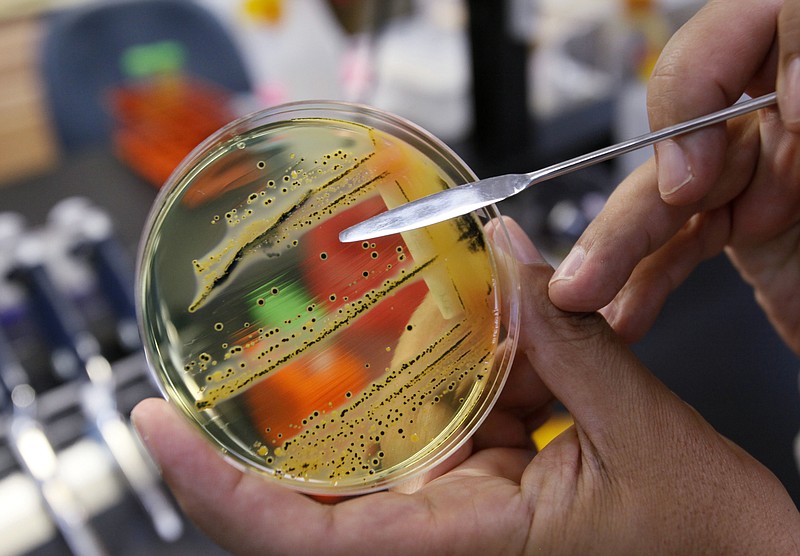LONDON (AP) - The World Health Organization has issued a list of the top dozen bacteria most dangerous to humans, warning that doctors are fast running out of treatment options.
In a press briefing on Monday, the U.N. health agency said its list is meant to promote the development of medicines for the most worrying drug-resistant bacteria, including Salmonellae and Staphylococus aureus. WHO's Marie-Paule Kieny said that if such priorities were left to market forces alone, "the new antibiotics we most urgently need are not going to be developed in time."
WHO said the most-needed drugs are for germs that pose a particular threat to hospitals, nursing homes and among patients who need ventilators. The agency said the dozen listed resistant bacteria are increasingly untreatable and can often cause fatal infections.
